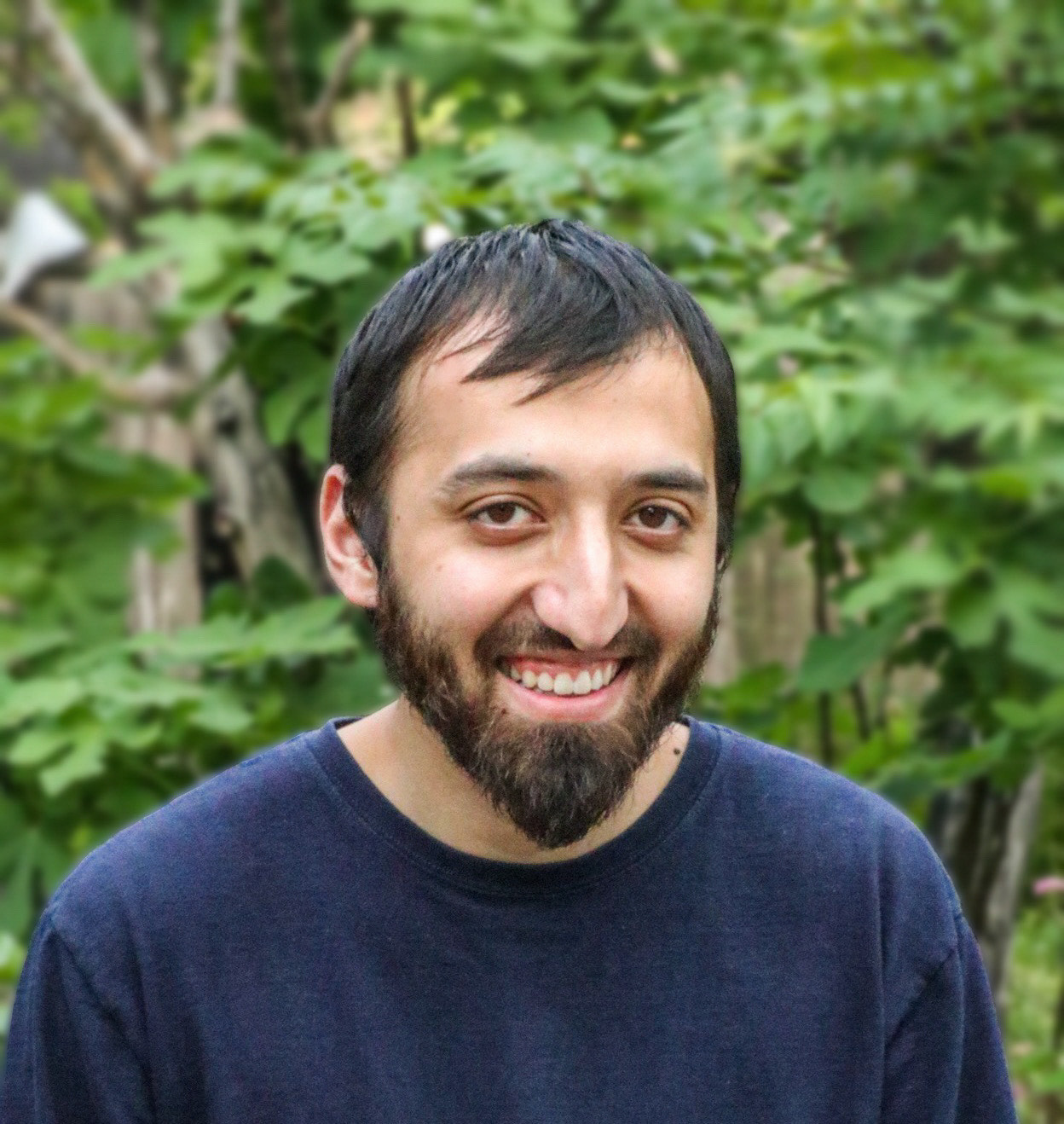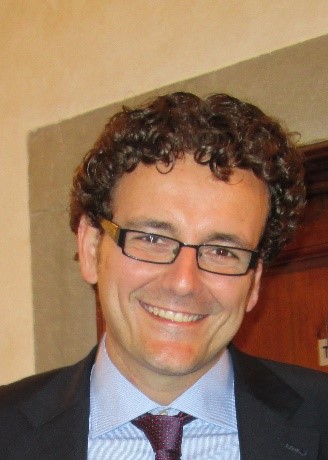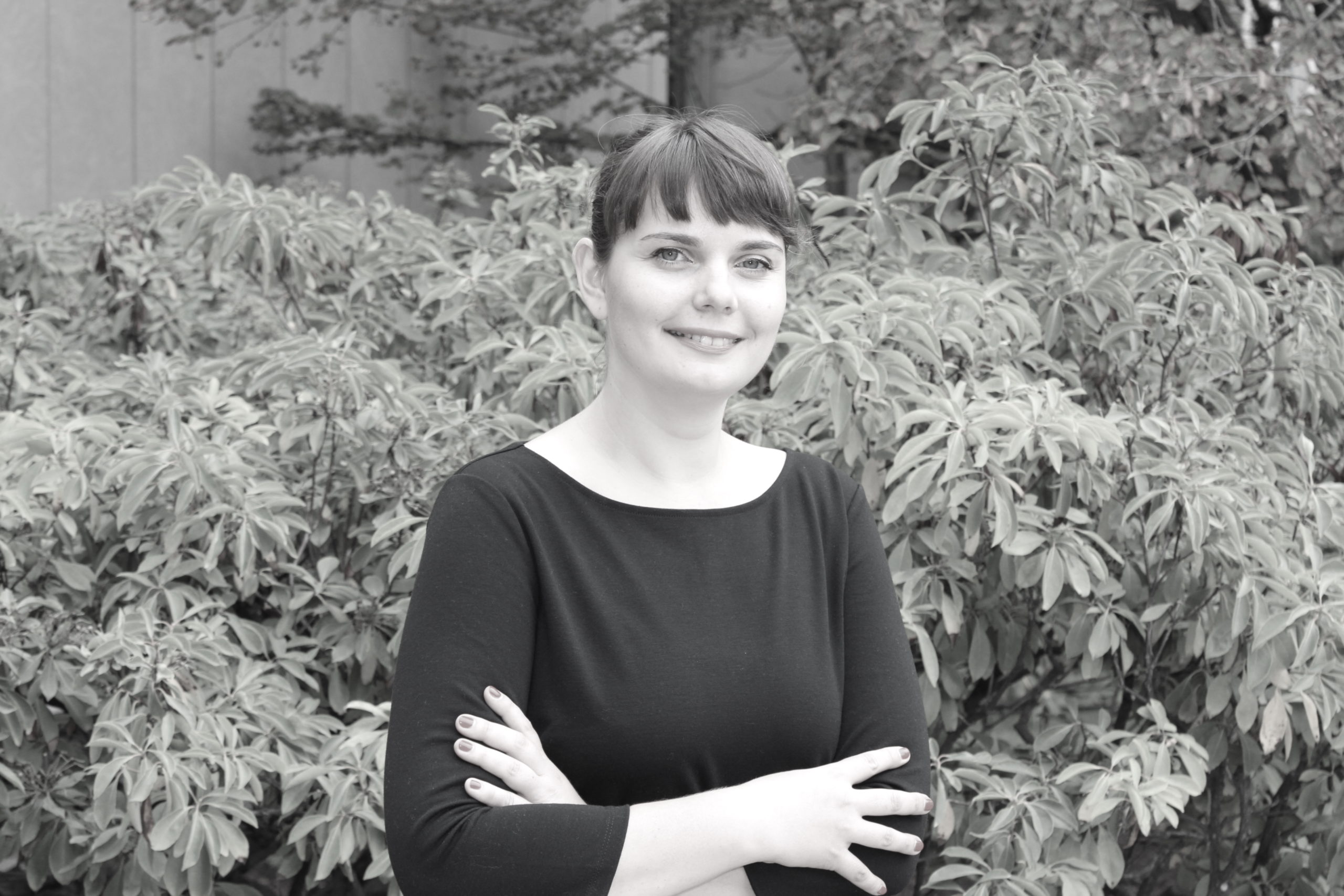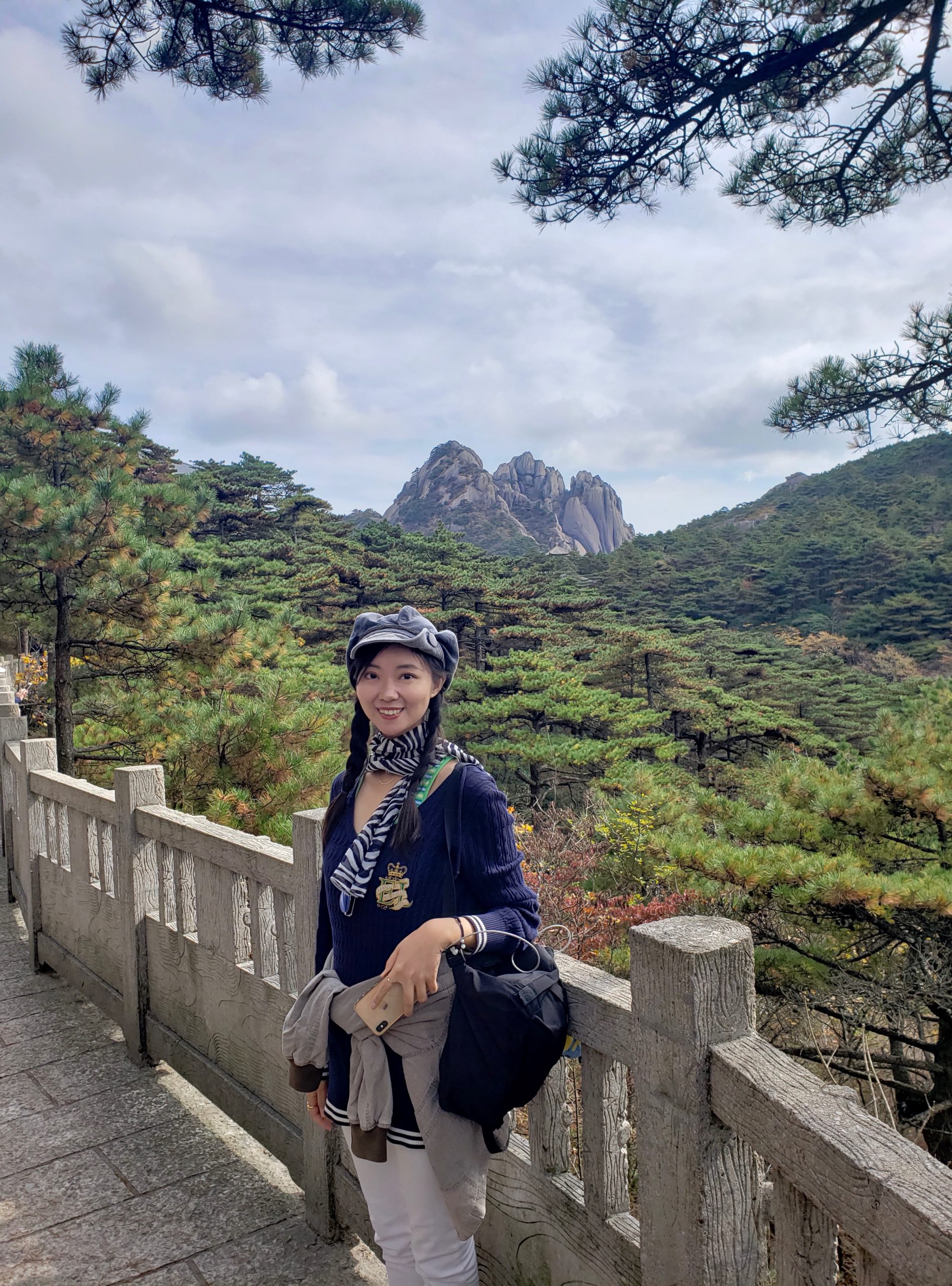2022-2023 Visiting Researchers

Julian Lozano Hernández
Julian Lozano Hernández
Julian Lozano Hernández is the Chief Legal Officer in the Arteche Group, a global company provider of products and solutions for the electric power industry. Julián has an extensive knowledge in international corporate and commercial law, having developed his career in Cuatrecasas law firm being the managing partner of the Sao Paulo office for two years. He has coordinated the legal advice for important business groups expanding internationally and advised on significant M&A transactions, and energy and infrastructure projects in several jurisdictions, including Europe, Latin America, Asia and the United States. He is currently completing his PhD in International Trade Law at the University of Deusto (Bilbao, Spain), and holds an LL.M. in International Banking & Finance from Boston University, and a Bachelor in Law from Deusto University. He is member of the Biscay Bar Association.
As a Visiting Researcher, Julian will focus on analyzing the origin of the concept of anticipatory repudiation at common law, with special emphasis on its evolution in the U.S. up to its current domestic codification and, thereafter, its influence on the United Nations Convention on Contracts for the International Sale of Goods (Vienna 1980, “CISG”). The ultimate aim of his research is to check whether the US Courts have complied with the mandate of CISG 7(1) and have applied the Convention autonomously and in line with the jurisprudential decisions of other countries or, on the contrary, have been driven by their natural tendency to apply their own jurisprudence on the matter (“homeward trend”), since the lack of a correct interpretation of CISG by the US courts would prevent the application and development of the CISG which, given the economic and social importance of the USA, would impede the application and development of the CISG as a fundamental legal instrument for the economic development of nations through trade.

Ibrahim Khan
Ibrahim Khan
Ibrahim Khan researches international law from anticolonial and postcolonial perspectives, asking in particular how the colonized world received and responded to changes in norms surrounding the use of force, and how that perspective might revise our understanding of sovereignty and international order. As part of this inquiry, Ibrahim has looked at the legal status of the entry of colonies into World War II, Radhabinod Pal’s dissent during the Tokyo Trials, and postwar debates at the United Nations over the definition of aggression. Through this research, Ibrahim hopes to offer a more critical assessment of the relationship among war, sovereignty, and international order, and to use that to approach contemporary debates on global justice, international criminal law, and the regulation of war. In addition to his interests in international law and anticolonial thought, Ibrahim maintains interests in Islamic law, religion and politics, and postcolonial political theory.
Ibrahim is currently a PhD candidate in political theory at the University of Chicago. Before beginning the PhD program, he studied as a Marshall Scholar in the UK, where he completed a master’s in International Relations and Politics at the University of Cambridge and a master’s in Islamic law at the University of Oxford. Outside the academy, Ibrahim has worked at the US State Department and with Amnesty International.

Mingqian Li
Mingqian Li
Mingqian Li is a Visiting Researcher at Harvard Law School (IGLP) and Fulbright Scholar (2020-2021). She is an associate professor at East China University of Political Science and Law (Shanghai, China) where she teaches legal translation, American Legal System. She holds a Phd degree in legal history, two master degrees in law, one is legal history at ECUPL, one is international economic law at University of Warwick, UK.
Mingqian has particular interest and passion in historical dynamics of international law. She has authored Peace of Westphalia and the Law of Nations, and translated numerous works from America and the law of Nations, 1776-1939 to Because of Sex. She has conducted research on the Knowledge of International law and Late Qing Treaties. Now she is focusing on American Shaping International Law at late 19th and early 20th century. Furthermore, Mingqian has been officially recognized as the Consultation Expert for the Standing Committee of National People’s Congress of PRC on Translation of Chinese Laws. Last year, she has been invited to translate the Marriage and Domestic Chapter of PRC’s Civil Code for which she has utilized the comparative law approach to bridge the linguistical and cultural gap.

Juan Jorge Piernas López
Juan Jorge Piernas López
Juan Jorge Piernas López is Doctor of Law from the European University Institute (Florence 2013). He had formerly graduated from Harvard University (LL.M., Harvard Law School 2007), the College of Europe (Master in Advanced European Studies, Natolin, Poland 2005) and the University of Murcia (Law Degree, Spain, 2003). The Chair holder is currently Senior Lecturer (‘Profesor Titular’) at the University of Murcia and international consultant on European Union law and policy for the World Bank, several governments and for the ENI CBC Med Program. He has participated in various competitive European and national research projects, including one as co-principal investigator. He has also published extensively on European Union Law, highlighting his monograph entitled The Concept of State Aid under EU Law: From internal market to competition and beyond, published by Oxford University Press (Oxford Studies in European Law) in 2015. His publications have been cited 6 times by three Advocate Generals of the Court of Justice of the European Union.

Svitlana Starosvit
Svitlana Starosvit
Svitlana Starosvit is a recent graduate of Harvard Law School, S.J.D. program. Expanding on her doctrinal research, she is interested in studying legal practices and resistance to them within the international investment law regime during the two well-known periods of its development – the New International Economic Order moment and post-neoliberal moment – to explore the limitations of both the regime itself and counter-hegemonic efforts aimed at its change. Prior to joining the doctoral program at Harvard, Svitlana worked for the Ministry of Foreign Affairs of Ukraine and Ministry of Justice of Ukraine where she concentrated on issues of public international law and international dispute resolution. Svitlana also taught a course on International Investment Law and Arbitration in Kyiv National State University, International Relations Institute. Svitlana is a graduate of Kharkiv University of Humanities (B.A. in Foreign Languages,’ 04), Central European University (M.A. in International Relations,’ 05), Kyiv National State University (LL.B.,’ 10), and Harvard Law School (LL.M.,’13).

Ying Wu
Ying Wu
Ying Wu is a Ph.D. candidate in Shanghai Jiao Tong University (SJTU) Law School and senior Research Associate at SJTU China Institute for Social-legal Studies.
Simultaneously, she is an associate in research at China, Law and Development project at University of Oxford, serving as the Labor and Migration Research Cluster leader.
Before joining the doctoral program, Ying received an LL.B., a B.A. in Economics and a J.M. at SJTU. She obtained an LL.M. degree at University of Pennsylvania Law School where she also conducted research for Global Women Leadership Project. Ying was a visiting scholar at National Taiwan University Law School and Department of Political
Science, focusing on an intersectional study of international law and international relations.
Ying is a member of the Chinese Bar Association. Previously, she served as a law clerk in the Supreme People’s Court of China. Ying also worked as a Tribunal Secretary at Shanghai International Economic and Trade Arbitration Commission and Shanghai International Arbitration Center. She received trainings from financial institutions to multinationals to the local Congress in China and Japan. Ying was a Young Ambassador of International Leadership Foundation as well as a fellow at US-Asia Institute Rule of Law Program.
Ying’s research has addressed the issues of global governance, legal pluralism,
international human rights law theory and praxis with a particular emphasis on critical legal studies. Her Ph.D. dissertation “The New Geography of Global Governance? From the Perspective of Chinese Law and Development” is an interdisciplinary research project that examines the nature of order that underlies China’s new globalism (such as Belt and Road Initiative).Currently, she is working on a project entitled “Reframing the Universality of International Law: Law and Development as a Useful Analytical Category.”